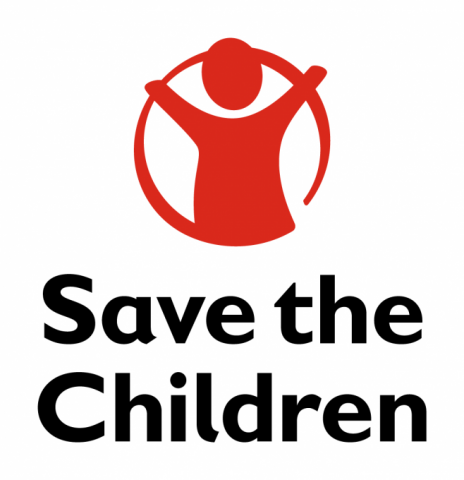PRESS RELEASE: Covid-19 will exacerbate child labour in Lebanon and drive more people into poverty, Save the Children warns

PRESS RELEASE: Covid-19 will exacerbate child labour in Lebanon and drive more people into poverty, Save the Children warns
Poor families and vulnerable children face months of struggle without the bare minimum.
More children in Lebanon will end up having to work as their families struggle to cope with the long-term impact of a Covid-19 outbreak and an economic crisis, Save the Children has said.
A policy brief, titled Child labour in Lebanon: The economic crisis and the compounding impact of the Covid-19 pandemic, warns that low-income families will be most at-risk as many are predicted to be up to almost $433 dollarsa month worse off.
While a recent lockdown by the Lebanese government will logically lead to a decrease in child labour rates in the short-term, parents and caregivers who lost a job as a result of the economic and health crises might end up relying on their children to provide an alternative income, ultimately leading to increased poverty and rates of child labour.
Martha Wilkes, SCI’s Programme Development and Quality Director said, “The world is going through unprecedented times with the shutting-down of almost every vital aspect of life. In Lebanon, the struggle is compounded. Poor families have already been grappling with the worst economic crisis the country has seen in years; the Covid-19 crisis will only make things much, much worse for them in the meantime and many may resort to child labour in order to survive.
“Today, we are warning that, amid these circumstances, there will be a notable increase in child labour and other forms of child abuse, neglect and violence. Children might have better resistance as far as the spread of the disease is concerned, but in many places, they will likely bear the brunt of the consequences if a family member is infected.”
A recent analysis conducted by Save the Children in Greater Beirut showed that poor, very poor and middle-income households will likely see a deficit in their monthly income between LBP 592,688 - LBP 650,176- just below the minimum wage. For many, this means fighting for survival.
The aid organisation suggests the rolling out of social assistance package for the most vulnerable Lebanese families to cover minimum basic needs. It also calls for renewed efforts to enforce Lebanese laws (including Decree 8987) to address child labour and protect and support child labourers regardless of their nationality or legal status.
Case study:
At 14, Karim has to shoulder the burden of helping his family financially. As the economic crisis unfolded in Lebanon, Karim had to put in more hours working as a fish vendor. The scars on his hands caused by the knife he uses are a constant reminder of his hardship.
“My job is to scale the fish and clean it from inside and outside. I cut the fish using a knife, I hurt myself. My hands bleed. What I hate the most is the smell; when you clean fish, you start smelling like it, and it doesn’t go easily. I prefer the smell of the school, the classrooms and of the chalk. If our situation wasn’t like this, I would have been at school to become a doctor”
To read the policy brief in full, visit this link.
- Ends
About Save the Children
Save the Children works across Lebanon to support marginalised children, adolescents, and families, through the provision of tailored psychosocial support service for distressed children as well as individualised response to at-risk cases. Save the Children tackles protection concerns including child labour, child marriage, physical and sexual abuse and gender-based violence, through different assistance packages.
 Lebanon
Lebanon